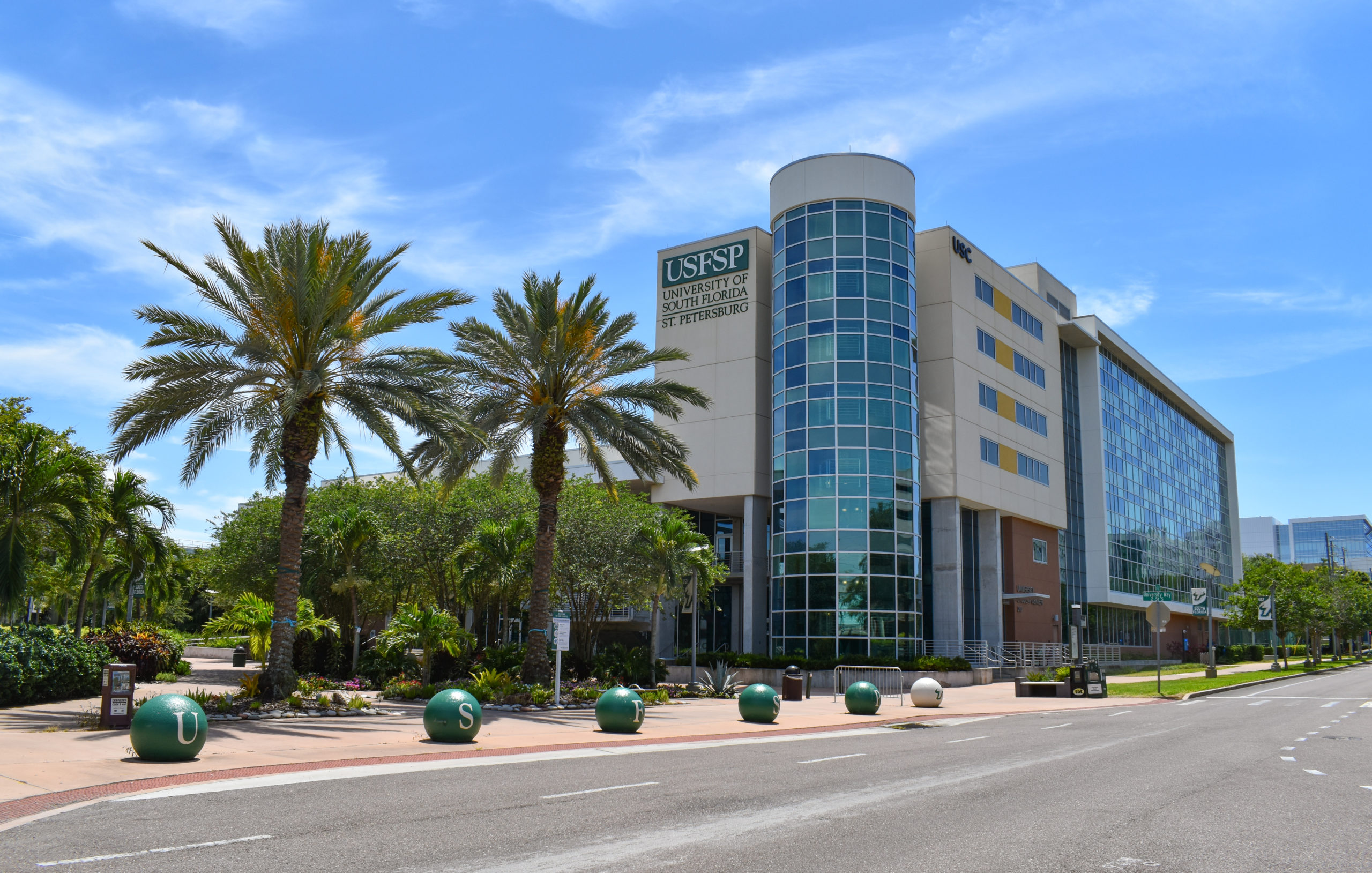Image courtesy of Annalise Anderson | The Crow’s Nest
The University of South Florida St. Petersburg Campus will be home to the state’s first repository for data on human trafficking, thanks to a bill signed by Gov. Ron DeSantis on Tuesday.
Along with other initiatives to support victims of trafficking, Senate Bill (SB) 7064 appointed the Trafficking in Persons (TiP) Risk to Resilience lab as Florida’s leading source for human trafficking research.
The role of the repository is to collect and analyze data on human trafficking to better understand its impact on the state, as well as evaluate state-funded prevention initiatives and communicate research with law enforcement officials.
“The creation of a unified database for human trafficking will be transformational for this region and for Florida,” Joan Reid, a USF professor of criminology and director of the TiP Lab said in a press release.
Florida, which is third in the nation for human trafficking cases, has yet to have a unified database for statewide information on trafficking, making the lab a pioneer in its area.
“It will allow us to have a more accurate picture of the prevalence and patterns related to human trafficking in the state in order to better combat and reduce this illegal activity,” Reid said.
The TiP lab, made possible by a $92,000 grant from USF Research & Innovation, was founded by Reid in 2021.
Staffed by criminology faculty and students, the lab has worked to eradicate trafficking in the Tampa Bay Area since its inception. Now, the lab can continue its efforts on a much larger scale.
From the start, Reid saw there was a lack of consolidation among trafficking research in the state and aimed to make a change.
“As we began looking at this, we realized Florida does not have a unified data center for human trafficking,” Reid said at the TiP lab’s opening. “As we were interviewing stakeholders, it became apparent that many of them were lacking data; the data they needed to do their work.”
SB 7064 will go into effect on July 1, 2023.



